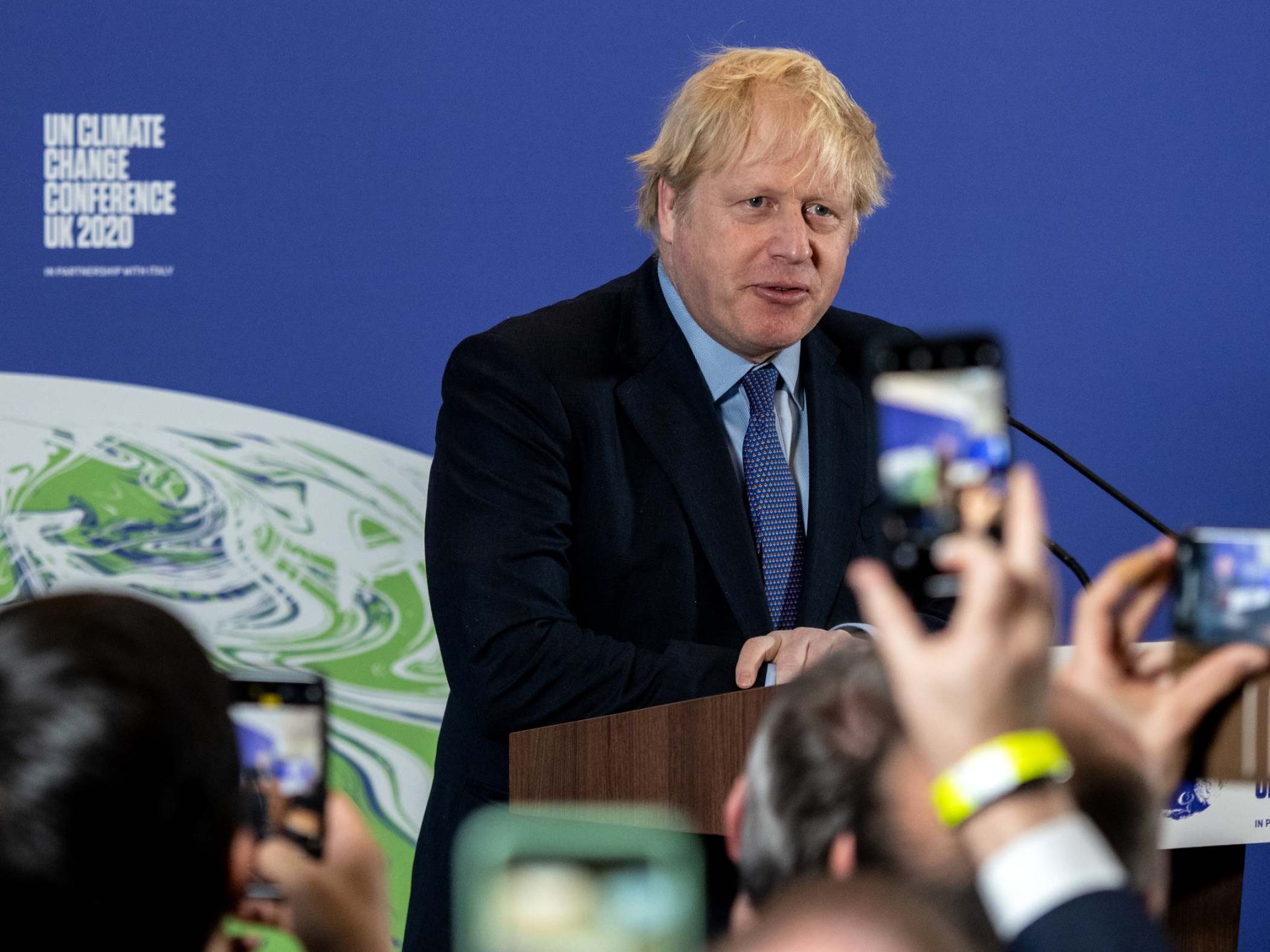When Covid and Brexit are over, the climate crisis will again be our biggest challenge
Editorial: Governments and the public are gradually coming to terms with the changes needed to live sustainably in the future

Covid and Brexit are certainly the two most pressing threats to health and prosperity, yet the climate crisis remains the transcendent challenge of our age. It has, necessarily, been neglected in past months but, as the UK’s Climate Change Committee reminds us, it has not gone away. Changes to our way of life have been unleashed by the coronavirus – and will be by Brexit too – yet more and more permanent adjustments will be required if life as we know it on this planet is to be preserved.
The climate crisis is then a different order of challenge to anything seen in recent decades – a relentless, formidable, and existential threat. In recent years there has been much to be pessimistic about. As nations such as China, Brazil, Indonesia and India have followed the west and picked up their pace of economic development – lifting millions out of poverty – environmental degradation has also accelerated. The Paris climate agreement, weak as it is, was undermined by the determined climate denial of the Trump administration. Over a longer period, America, Russia and Australia have refused to wholeheartedly join in the effort to restrain carbon dioxide emissions.
Yet times have changed. We do not hear as much as we once did from the climate deniers. There is a wider global acceptance of the problem, if not the solutions. More and more countries and cities are setting ambitious goals for emissions reductions. The Cop26 summit in Glasgow next year is a fine opportunity to get the international effort back on track, though the British government’s cavalier attitude to the event, revealed by sacked chair Claire O’Neill, is less promising.
The public is also coming to terms with change. As the Climate Change Committee says, almost every aspect of life will be affected. Gradually – none of this will be sudden – more of us will be getting around in electric vehicles, using alternatives to the gas boiler to heat homes, eating less red meat and living in a wilder, more forested landscape. None of this need be onerous, though, and that very fact is the best hope of reaching the carbon-neutral target date of 2050.
Electric cars, for example, have made huge progress in the past decade alone, with far wider ranges than before and low running costs that help compensate for their higher purchase price. They are as accelerative as petrol or diesel alternatives, quieter and are benefitting from easier and more widespread charge points – though many more street-side points are needed for flat dwellers. They are also becoming more easily accepted by the public. Much the same goes for the trend towards eating less meat, and a greater consciousness about the sustainability of farming (as with the resistance to genetically modified crops and the notorious chlorinated chicken).
All too often, in the past, the idea of a greener lifestyle was associated with austerity: a joyless diet of lentils and root vegetables, bicycling to work in a hair shirt, and a ban on flying to any sun-kissed exotic resort. Of course, there is much to be said, at least on health grounds, for such a regime, but the more the shift to greener living is associated with comfort and convenience and fun, the better.
One of the few opportunities left to the UK to exercise some global leadership is by making the country an exemplar of sustainable living – and enjoying it, saving money along the way and boosting our standards of living.
Britain can do much, from becoming the Saudi Arabia of wind power, as Boris Johnson states, to also being the first major economy to make its heating and transportation zero carbon. It won’t be easy, and will require substantial public investment, but it need not hurt.




Join our commenting forum
Join thought-provoking conversations, follow other Independent readers and see their replies
Comments